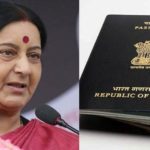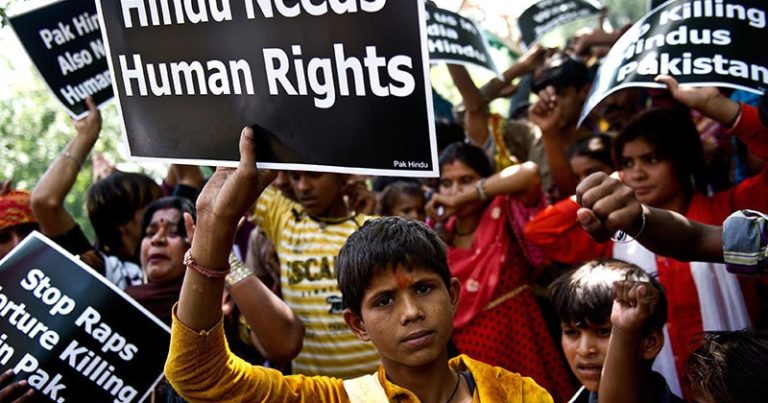Today, the Dalits are the worst victims of discrimination, kidnapping for ransom, rapes, false blasphemy cases and poverty, even more than the upper caste Hindus in Pakistan.
Pakistan’s politics became the center of attraction in March this year when Pakistan People’s Party (PPP) elected Hindu Dalit senator Krishna Kumari Kohli from the Sindh province seat (Upper House) reserved for women. The news about her election was used for portraying how individuals from the neglected communities get equal opportunities in Pakistan’s politics. However, there’s more to this than what meets the eye.
Dalits still face slavery in Pak
Some of the recently published reports by Pakistan’s newspaper ‘The Dawn’ offer a glimpse into the lives of Hindus. Records available in the public domain suggest that around 80 percent of Hindus in Pakistan are Hindu-Dalits. Their current population is said to be around two million. During the partition, they probably decided to stay back due to financial reasons or due to the Dalit-Muslim unity theory. The unity theory shattered into pieces back in 1950 itself when Pakistan’s first Dalit minister Jogendra Nath Mandal not only resigned from the Government but returned to live in India. After Pakistan’s founder Muhammad Ali Jinnah’s death, no one seems interested in carrying forward his legacy.
Today, the Dalits are the worst victims of discrimination, kidnapping for ransom, rapes, false blasphemy cases and poverty, even more than the upper caste Hindus in Pakistan. The religious minorities face slavery at the hands of feudal landlords in remote areas which journalists hardly access.
Most of this population remains uneducated and immensely improvised. More than 75 percent of the Hindu-Dalit population in Pakistan remains illiterate. Individuals from Jathi, Sochi, Guwaria, Kabutra, Gahra, Rawra, Sansi, Jogi, Balmeke, Bagri, Lohar, Oad, Meghwar, Kolhi, and Bheel groups are referred as scheduled caste (Hindu Dalits). They form the most of the population in Pakistan’s Thar district located in the Sindh province. Feudal landlords control these rural areas and poverty; slavery is rampant in the region. As per one estimate, people from the marginalized groups mostly work as agricultural laborers, garment factory workers, or as sweepers in Pakistan. As they are socially excluded and economically marginalized, they do not even have access to primary health care.
High level of intolerance against Dalits
In some parts of Pakistan, the land owned by people from scheduled caste(s) has also been taken over by the Evacuee Trust Property Board and the Enemy Property Board. To make matters worse and to divide Hindus, Pakistan Government has started marking Dalit as a different religion.
The level of religious intolerance is such that dead bodies of Hindu Dalits buried in Muslim graveyard have also been dug out in the past just because they were non-Muslims.
India has still not managed to curb caste-based discrimination completely; however, there are laws in place that not only ensure justice but make thee offense non-bailable. On the other hand, things are difficult in Pakistan due to the absence of an independent human rights mechanism and regulations to curb untouchability as well as caste-based discrimination. There are a few organizations that address the problems faced by Hindus, but they are not able to do it comprehensively due to extremists.
The International Religious Freedom report released by the US State Department in 2011 had pointed out that even law enforcement agency officials’ abuse of religious minorities in Pakistan. They give a free hand to extremists who target religious minorities.
After looking at the overall condition, an immediate affirmative action is needed for the upliftment of Dalits in Jinnah’s country. Not just Pakistan’s newly elected Prime Minister Imran Khan, but even the United Nations Human Rights Commission and other human rights agencies need to look into this urgently.
Further; Read More:
When Benazir Bhutto mentioned Indian Army’s valour to censure Pakistani Army
Page from India’s black chapter: The case that led to the imposition of emergency



